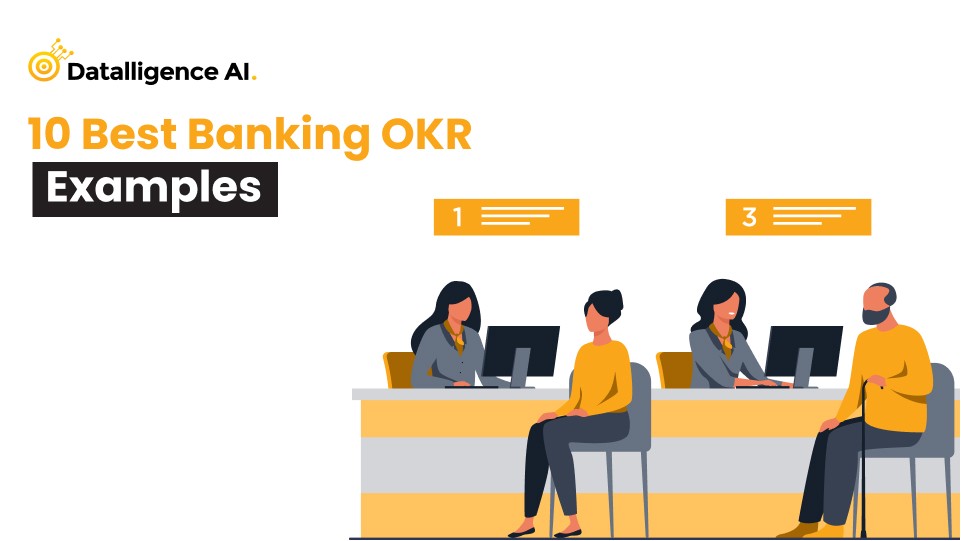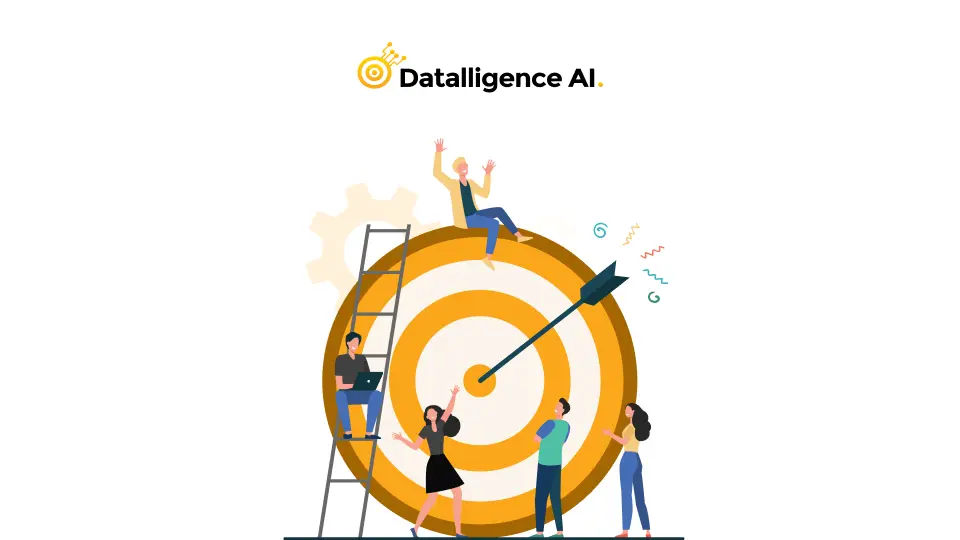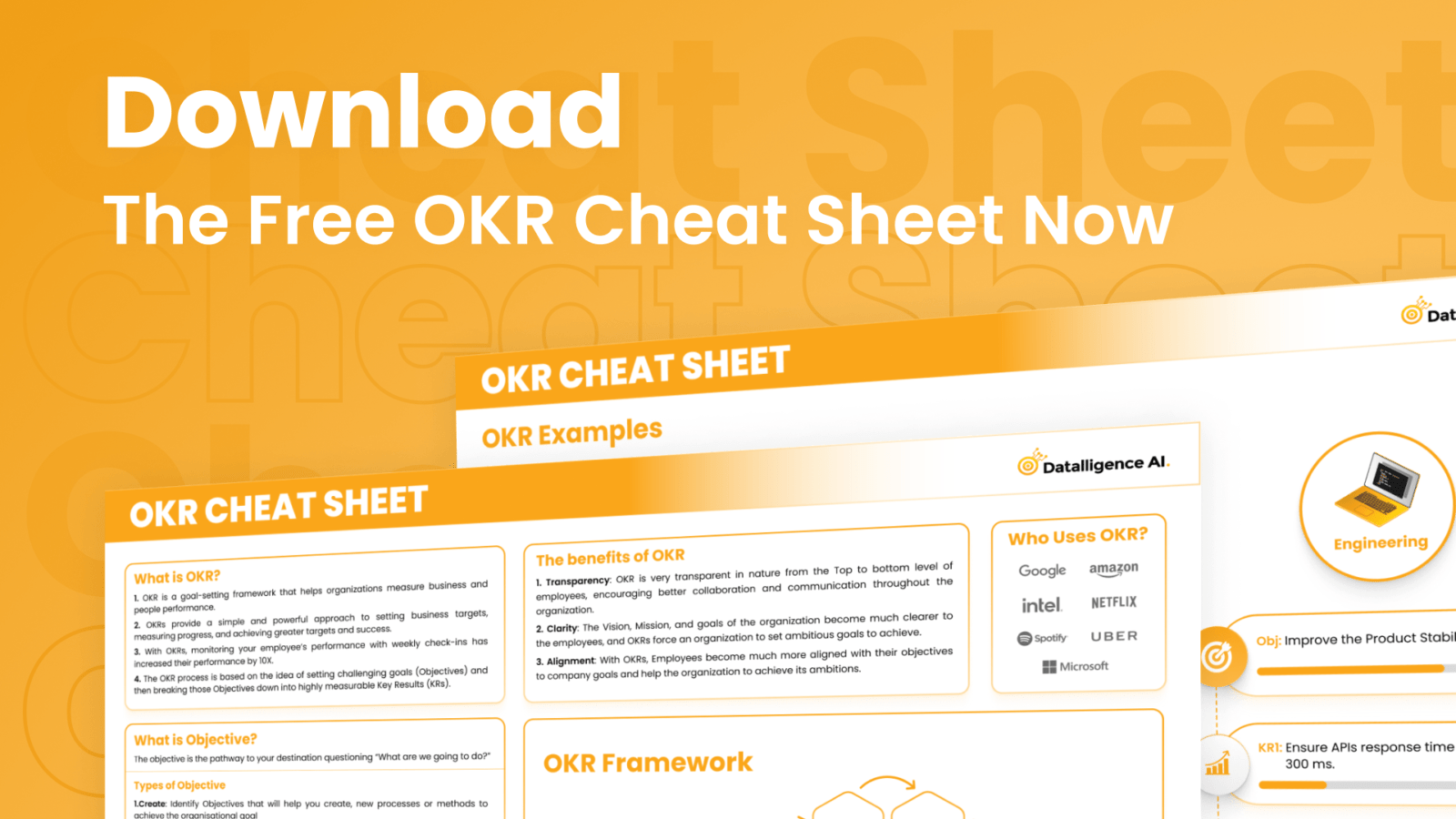Performance reviews can often feel nerve-wracking, but they really don’t have to be that way. When approached correctly, they can transform into powerful tools for growth, engagement, and alignment. Rather than being dreaded events, they can actually energize teams and help unlock the full potential of employees. Let’s explore how you can rethink the importance of performance reviews and turn every discussion into a meaningful step toward success.
Understanding Performance Reviews
A performance review is much more than just a routine check-in. It’s a focused conversation that dives into an employee’s impact, progress, and potential. Traditionally, these reviews were led by managers alone. Nowadays, many companies are bringing in feedback from peers, senior leaders, and even customers to create a more comprehensive view.
Organizations are also moving away from the old once-a-year model. Instead, they’re embracing continuous feedback and regular check-ins. This change encourages ongoing improvement and helps prevent any surprises during review discussions. Businesses are starting to recognize the importance of performance reviews as a strategic tool for nurturing talent.
Why Performance Reviews Matter Now More Than Ever
When you take the time to conduct thoughtful performance reviews, you create a significant impact throughout your organization. Here are a few reasons why they’re so important:
Provide Actionable Feedback
Instead of offering vague remarks, structured reviews give employees clear, constructive insights. This helps them see what they’re excelling at and where they can improve. More importantly, it lays out a path for their development. Regular feedback allows for real-time adjustments and keeps everyone aligned with team and business objectives. The importance of performance reviews becomes evident when they directly shape employee behavior and goal alignment.
Discover and Nurture Talent
By consistently documenting performance, you can spot high achievers and emerging talents. Recognizing strengths early on enables you to create tailored career paths. Aligning employees’ interests with the needs of the business opens up opportunities for leadership roles, new projects, or skill-based shifts within the company. This highlights the importance of performance reviews in workforce planning and internal mobility.
Uncover Learning and Development Needs
Performance reviews reveal the gaps between current skills and future career goals. Use this information to connect individuals with appropriate training—whether it’s technical skills, leadership development, or cross-functional experiences. Customized learning not only promotes individual growth but also benefits your organization as a whole. The importance of performance reviews lies in their ability to systematically identify these learning opportunities.
Boost Engagement and Retention
When you acknowledge effort and provide clear guidance, employees feel appreciated. This openness fosters trust. Engaged team members are more likely to remain dedicated, which helps lower turnover and enhance productivity. The result? A stronger company culture and improved business results. Organizations that recognize the significance of performance reviews invest in making these sessions inspiring and focused on development.
Ensure Fair and Equitable Rewards
Base promotions, raises, and bonuses on objective performance metrics. This approach reinforces your dedication to fairness and pay equity. It reduces bias and instills confidence in the system among employees. This sense of accountability nurtures a healthier, more inclusive workplace.
Benefits for Employees
Employees flourish in environments that provide clarity, support, and opportunities for growth. Performance reviews act as a catalyst for this. Let’s explore the benefits:
Clear Communication
Employees want to understand their standing. Reviews create a two-way conversation. Instead of speculating about what managers think, team members receive a clear view of their strengths and areas for improvement. They also have the chance to discuss their challenges, career aspirations, and feedback. When leaders emphasize the importance of performance reviews, communication flourishes at all levels.
Career Acceleration
These reviews aren’t just about the past; they’re geared toward the future. They ignite meaningful discussions about where employees aspire to go and how they can achieve those goals. When managers and team members collaborate on development plans, employees take charge of their growth and feel genuinely supported.
Recognition and Compensation
High achievers deserve more than just a simple acknowledgment. Performance reviews make recognition concrete. Whether it’s a promotion, a raise, or a new opportunity, these rewards reinforce positive behaviors and keep your talent motivated. This further highlights the importance of performance reviews in sustaining a high-performance culture.
How to Create a Fair and Effective Review Process
Now that we see the importance of performance reviews, how can we make them truly impactful? Here are some best practices that foster fairness, transparency, and lasting results
Set and Communicate Clear Goals
It all starts with clarity. Clearly define what success looks like for each role. Utilize OKRs or KPIs to establish measurable objectives. Ensure that employees grasp these goals and revisit them regularly. This way, reviews reflect real progress rather than just perceptions.
Use Multiple Feedback Sources
Don’t restrict feedback to a single viewpoint. Gather insights from peers, project leads, and even customers when possible. This 360-degree feedback method offers a more comprehensive and balanced view of performance, helping to eliminate bias.
Maintain Ongoing Communication
Avoid saving feedback for just review season. Regular check-ins, coaching conversations, and quick feedback loops keep everyone aligned and supported. These ongoing interactions build trust and ease anxiety when formal reviews come around.
Support Claims with Specific Examples
Vague statements like “you need to be more proactive” can leave employees puzzled. Instead, provide specific examples: “In the last client meeting, you took the initiative by leading the presentation without being prompted.” This level of detail not only enhances understanding but also removes ambiguity and bias.
Empower Employee Voice
Encourage your team to share their self-assessments, feedback, and goals. Invite them to ask questions or seek clarification on the feedback they receive. When employees feel heard, they’re much more likely to engage in the review process. Empowered employees take an active role in their own growth.
Make It Future-Focused
Wrap up every review with a plan for the future. What’s next on the horizon? What skills should the employee focus on developing? What goals will they aim for in the upcoming quarter? Align the discussion with both the needs of the business and the aspirations of the employee. This kind of clarity transforms reviews into genuine career boosters.
Technology Can Help
Don’t underestimate the impact of the right tools. Performance management software can streamline review cycles, capture ongoing feedback, and lighten the administrative load. It promotes documentation, transparency, and consistency across teams. With the help of AI and automation, reviews can become more objective, timely, and valuable. This tech-driven approach enhances the significance of performance reviews by ensuring consistency at scale.
Tips to Elevate the Review Experience
Prepare in Advance: Managers should collect data, review accomplishments, and outline areas for development ahead of time.
Practice Empathy: Keep in mind that feedback is personal. Deliver it with care and kindness. Empathy strengthens the relationship between managers and employees.
Stick to Facts: Rely on data, examples, and performance metrics. Opinions alone can be misleading.
Create Psychological Safety: Foster an environment where reviews are a safe space for open dialogue.
Follow Up: Don’t let the review end with the meeting. Schedule regular check-ins to monitor progress and provide ongoing support.
Final Thoughts
When approached thoughtfully, performance reviews can spark real transformation. They serve as checkpoints for reflection, roadmaps for development, and launchpads for recognition. As a leader or HR professional, you have the power to make these conversations truly meaningful.
So shift your mindset. See performance reviews not as a box to check but as a strategic lever to drive excellence. With every review, you can elevate your people, strengthen your culture, and push your business forward.
Now is the time to transform your review process and make it continuous performance. Make it fair. Make it impactful. And most importantly, make it matter. Recognize the performance review importance and let it drive your organizational success.











